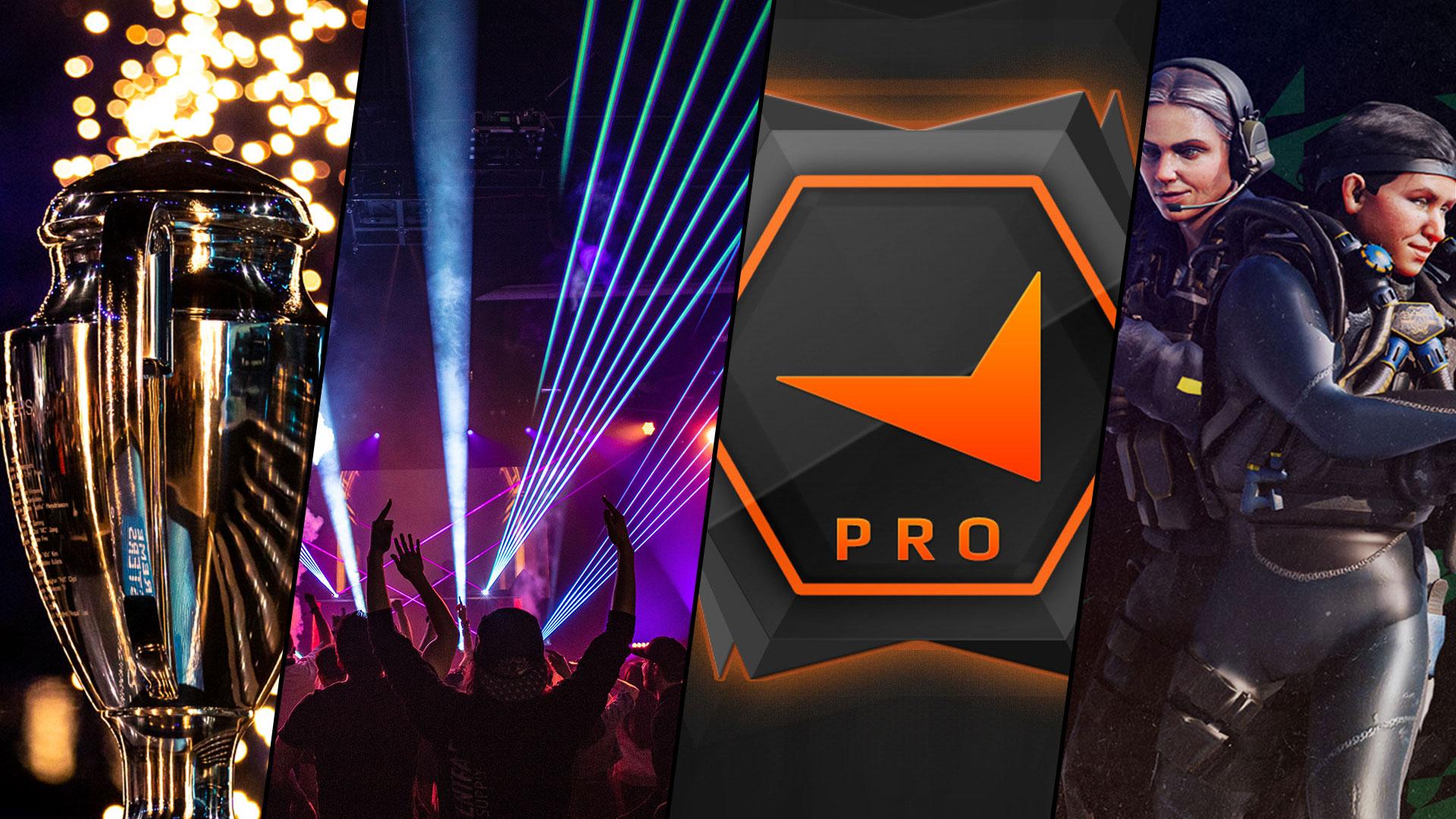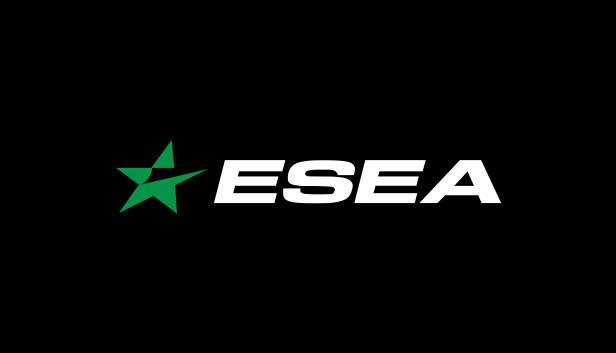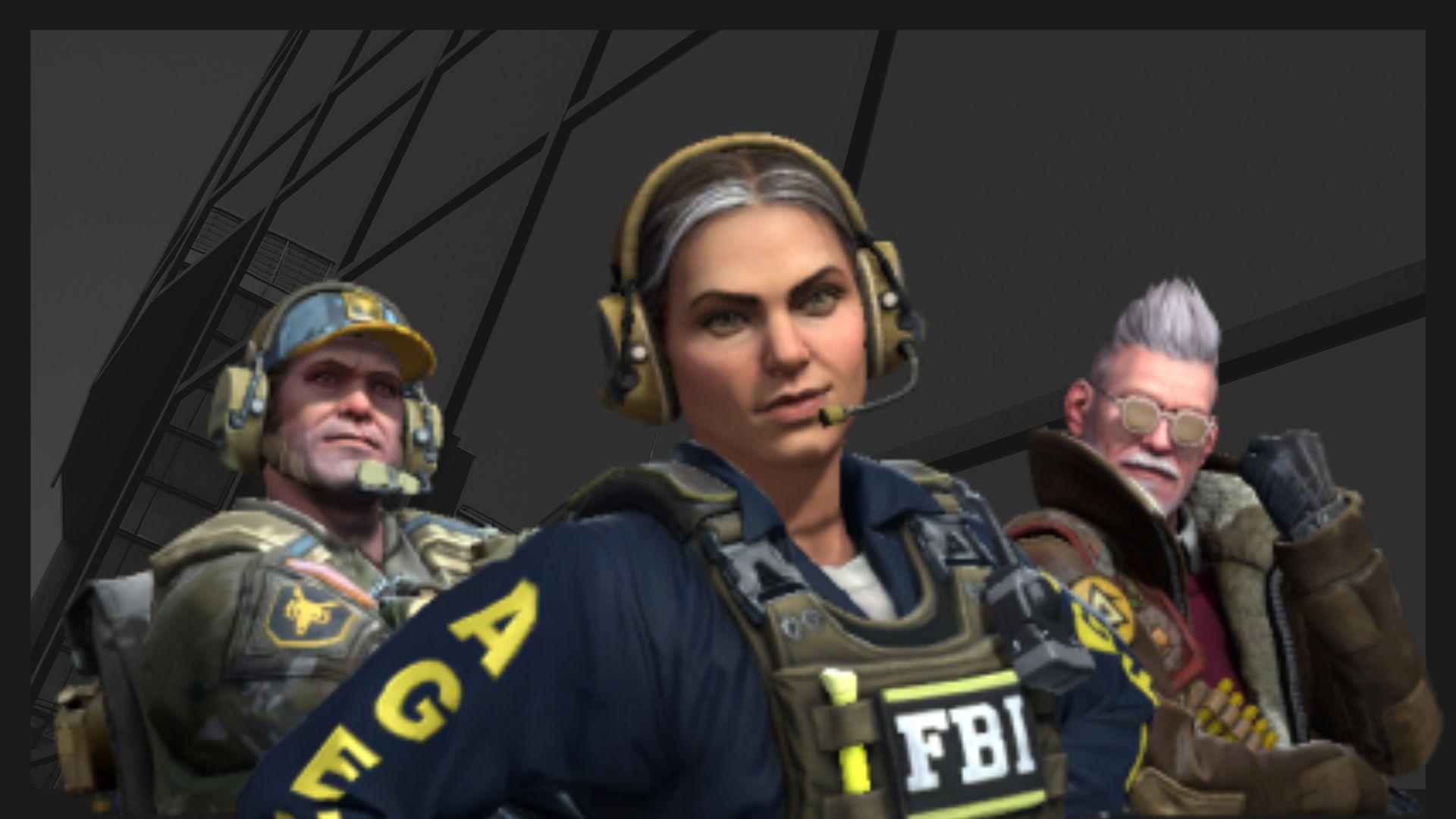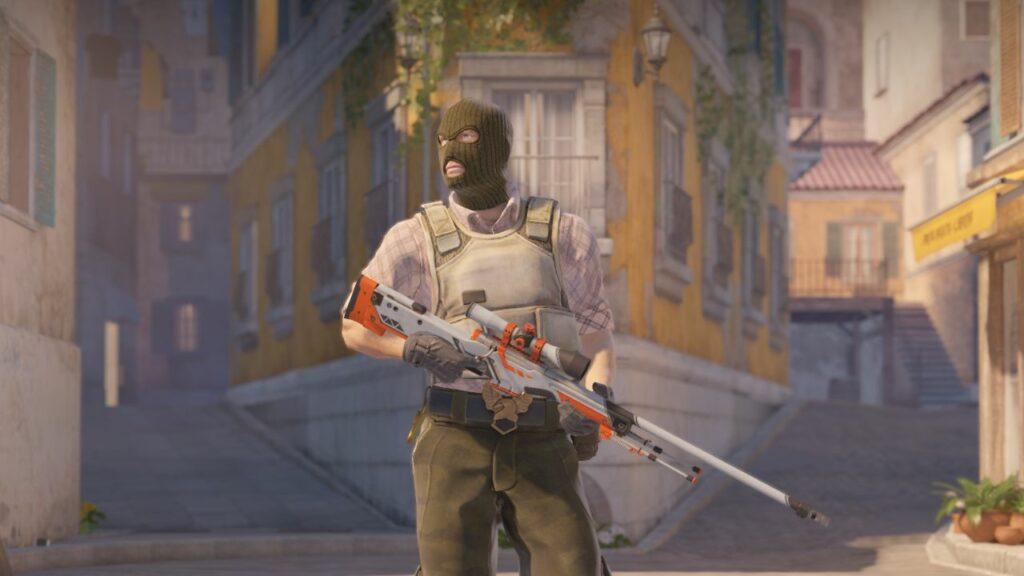
FACEIT and ESEA merge to create a stronger CSGO anti-cheat
What happens when two platforms with the strongest Counter-Strike: Global Offensive anti-cheat programs team up?
The new FACEIT and ESL merger is bringing some positive changes to CSGO. An air-tight anti-cheat program is on top of the company’s list to improve the gaming experience. The Saudi-backed Savvy Gaming Group’s acquisition of FACEIT and ESL might be surrounded by controversy, but it might solve CSGO’s long-standing hacker problem. According to the press release, both companies have joined forces to create an even stronger anti-cheat program.
“FACEIT and ESEA are allying to fight cheating even more effectively by sharing tech, infrastructure, and data capabilities, and to provide better solutions to other tournament organizers,” ESL stated.
Will FACEIT have a better anti-cheat?

FACEIT will likely have an advanced anti-cheat program as a result of the SGG’s acquisition of ESL. The company will benefit from ESEA’s cutting-edge technology, delivering the best possible anti-cheat system for CSGO.
Previously, FACEIT and ESEA used to be two separate entities that had kernel-level access to users’ devices. This allowed these third-party sites to eliminate hackers and applications running in the background from the root, ensuring a clean gaming experience.
Even Valve doesn’t have this level of technology, which naturally attracted serious CSGO players. FACEIT and ESEA had become a safe haven for players looking to have a healthy gaming experience. Since ESL owns ESEA, the new acquisition can be a game-changer for the CSGO players.
What’s ESL FACEIT Group?
Both the companies have launched ESL FACEIT Group that would focus on cultivating a healthier gaming ecosystem. From reviving the North American CSGO to supporting local scenes, the new program sounds refreshing. According to ESL FaceIt Group, both parties are merging their tech knowledge and data infrastructures to “defend the integrity of all matches.”
It remains to be seen how this program would be implemented. Nothing is changing for the players for now, but malicious actors may need to be more cautious. There are high chances that a FACEIT ban would directly transfer to ESEA as well. This will effectively decrease the number of serial hackers on both the platforms. Moreover, the companies might consider putting all their products under the same account system and having a single anti-cheat for both sites.
These are all plans and strategies, and nothing is set in stone yet. But, a merger should improve the casual gaming experience on paper. It’s yet to be seen whether these initiatives turn out to be as beneficial in practice.
Recommended

s1mple is offering lessons to help you get good at CS2
Have you dreamed of playing like s1mple?

Recent CS2 ban wave punishes cheaters during live games
Valve is banning players in bulks.

Players hopeful after Valve adds Overwatch to expose CS2 cheaters
Only “trusted” players will be Overwatch investigators.







